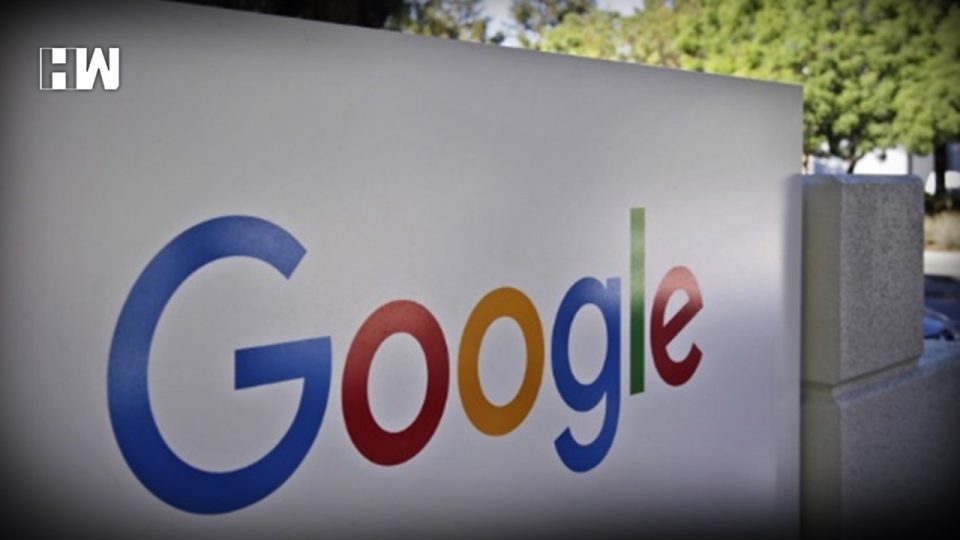Earlier this year, a group of programming engineers in Google’s cloud division astonished their bosses by declining to take a shot at a cutting-edge security feature. Known as “air hole,” the innovation would have helped Google win the crucial military contracts.
The coders weren’t persuaded that their employer should utilize its innovative ability to enable the government to wage war, as indicated by four present and previous representatives. After hearing the engineers’ objections, Urs Hölzle, Google’s top technical executive, said that the air gap feature would be postponed. Another person familiar with the situation said the group was able to reduce the scope of the feature.
The act of rebellion ricocheted around the company, sparking a growing resistance among employees with a dim view of Google’s yen for multi-million-dollar government contracts. The engineers became known as the “Group of Nine” and were applauded by like-minded staff. The current and former employees say the engineers’ work boycott was a motivation for larger protests that convulsed the company’s Mountain View, California, campus and ultimately forced executives to let a lucrative Pentagon contract called Project Maven expire without renewal.
Internal disputes are very common at Google, which gives employees ample space to share grievances. Last month, a Google employee proposed that executive compensation is linked to efforts to make the company more diverse and inclusive. This proposal was voted down by shareholders, but the boycott by engineers could actually hamper Google’s ability to compete with its rivals. Big federal contracts often require certification to handle sensitive data—authorizations that rival Amazon.com Inc. and Microsoft Corp. have, but Google doesn’t. Without certain measures including that of the air gap technology, Google may be in a struggling position to win portions of the Joint Enterprise Defense Infrastructure, or JEDI, a Pentagon deal worth upwards of $10 billion.
Google cloud chief Diane Greene has expressed continued interest in working with the government. Federal agencies are among the largest spenders on corporate computing and are starting to gravitate toward cloud services. In March, Greene and her deputies proudly proclaimed Google’s new approvals under FedRAMP, federal compliance standards for information technology. Google was approved by FedRAMP as “Moderate,” a designation required for almost 80 per cent of government cloud contracts. Google cloud staff said on an internal level that the Project Maven deal was “fast-tracking” higher FedRAMP authorization, according to a Gizmodo report.
Google touts the security features of its cloud service. In a March press briefing, company executives noted how their artificial intelligence software could spot cybersecurity attacks early. “We think that Google cloud is today the most secure cloud out there,” Hölzle said during the briefing.
Greene and other Google executives will have to persuade their employees that it is possible to bid for government contracts without violating Google’s new ethical standards. After promising not to renew the Project Maven contract, which involves using artificial intelligence to analyze drone footage, the company issued a set of AI principles this month that prohibits weapons work. But they didn’t rule out selling to the military, and Google continues to pursue other Defense Department cloud contracts.
Several Google employees protesting Project Maven have complained about poor communication from senior leaders. Most staff outside the cloud unit was unaware of the contract until February—five months after it was signed. At one point, Greene told staff the deal was worth a meagre $9 million.
Greene wrote in the internal email that she wanted to address the “trust issue that has developed” in the past five months. She said she regretted not emailing earlier to correct her misstatement about the size of the Project Maven deal. “In the past, I would have,” Greene wrote, “but in the current climate of leaks, the sense was that it would be a mistake to do because the correction would leak and start another ‘press cycle’ that would not be good for any of us.”
As an independent media platform, we do not take advertisements from governments and corporate houses. It is you, our readers, who have supported us on our journey to do honest and unbiased journalism. Please contribute, so that we can continue to do the same in future.

